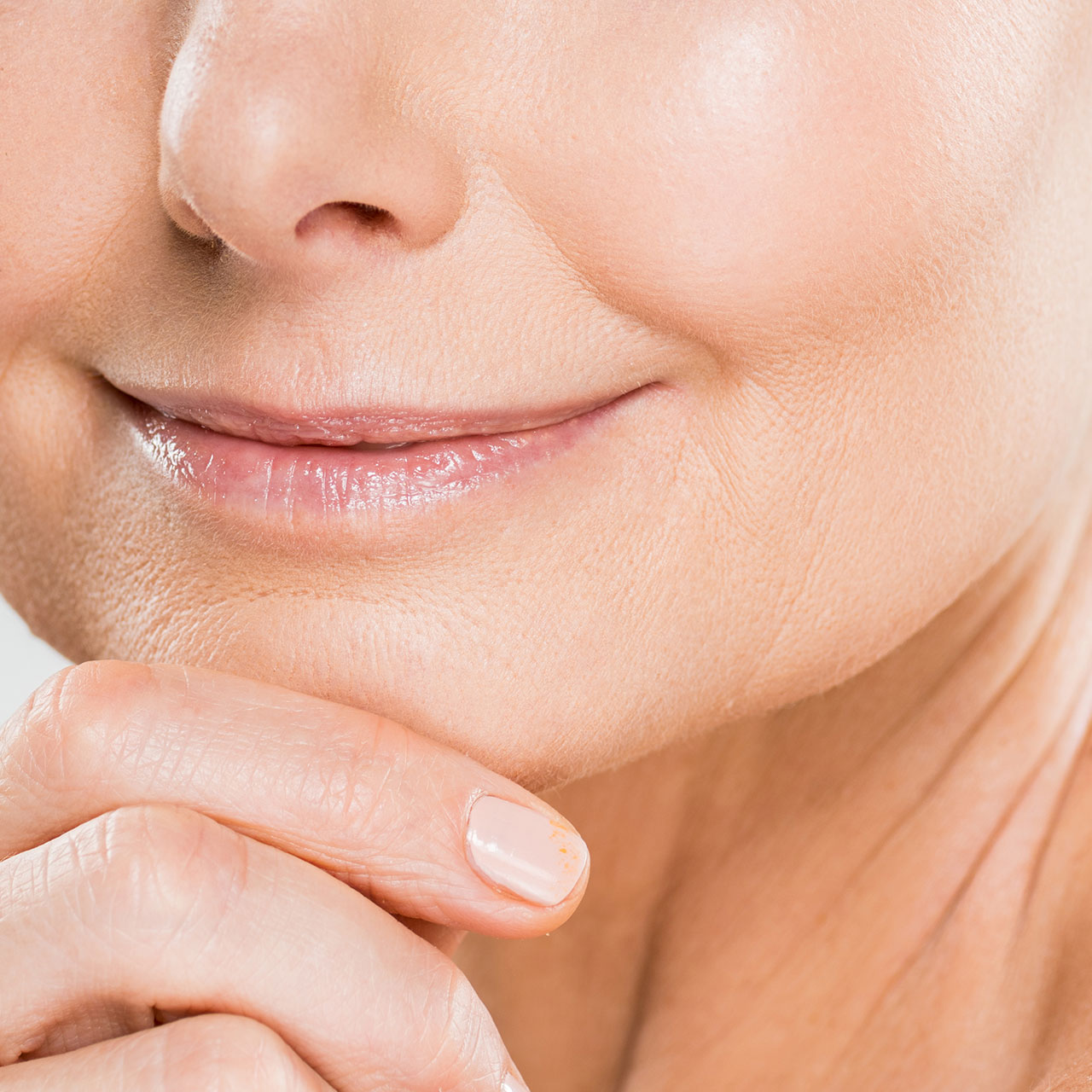Sleep is at the foundation of a healthy mind and body, yet so many of us don’t get enough of it. From waking up frequently in the middle of the night to feeling drowsy in the middle of the day, disrupted sleep is not only frustrating, but it can lead to a number of other health risks. Consistent poor sleep has been associated with an elevated risk of things like depression, reduced immune system, high blood pressure, and diabetes.


One thing that connects with your sleep quality is anxiety. “Anxiety disorders, such as generalized anxiety disorder and PTSD, can cause sleep disturbances like insomnia and/or insufficient sleep,” says Dr. Abhinav Singh (MD, FAASM) Medical Review Expert at SleepFoundation.org and Medical Director of the Indiana Sleep Center, “However, it is often unclear if the anxiety causes the sleep disturbances or the sleep disturbances cause the anxiety—what is known is that they often exist together.” If you suffer from anxiety, there’s a high chance that you’ve spent quite a few nights tossing and turning.
One thing that you should address when trying to improve your sleep quality is your sleep hygiene. Sleep hygiene is a term used to refer to the environment we’re in and the habits we follow before bedtime. This includes everything from the temperature and darkness of our bedrooms to the food and beverages we consume at night. Habits and consistency are important factors in sleep, because doing relaxing activities consistently before bed allows our brains to detect that it is time to rest.

What is one nighttime habit that may lead to disrupted sleep, and by extension anxiety? “This varies from patient to patient, but I have found that browsing smartphones or tablets before bed can exacerbate anxiety, and often delay sleep onset,” Dr. Singh says, “The anxiety can increase for a couple of reasons in this circumstance. For example, patients can become stimulated by the sheer content on their phones. Additionally, the bright light from their phones may also suppress the production of melatonin, a hormone released in the brain that makes people sleepy.” It is tempting to scroll through social media or catch up on emails when you’re in bed with nothing else to occupy your mind, but it may be a better idea to put the phone down and leave it for the morning.
As stated previously, if you want to improve your sleep hygiene, habits are everything. What can you do before bed besides scrolling through socials that won’t negatively impact your sleep quality? “If you need to do something to unwind before bed, try reading, meditating, or listening to soft music,” says Dr. Peter Polos, MD, PhD, FCCP, FAASM, sleep medicine specialist and sleep expert for Sleep Number. Besides this, drinking warm beverages like caffeine free tea can also have a calming effect. Utilizing all these things, and doing them consistently, is the best way to fall asleep, and better yet, stay asleep.


























